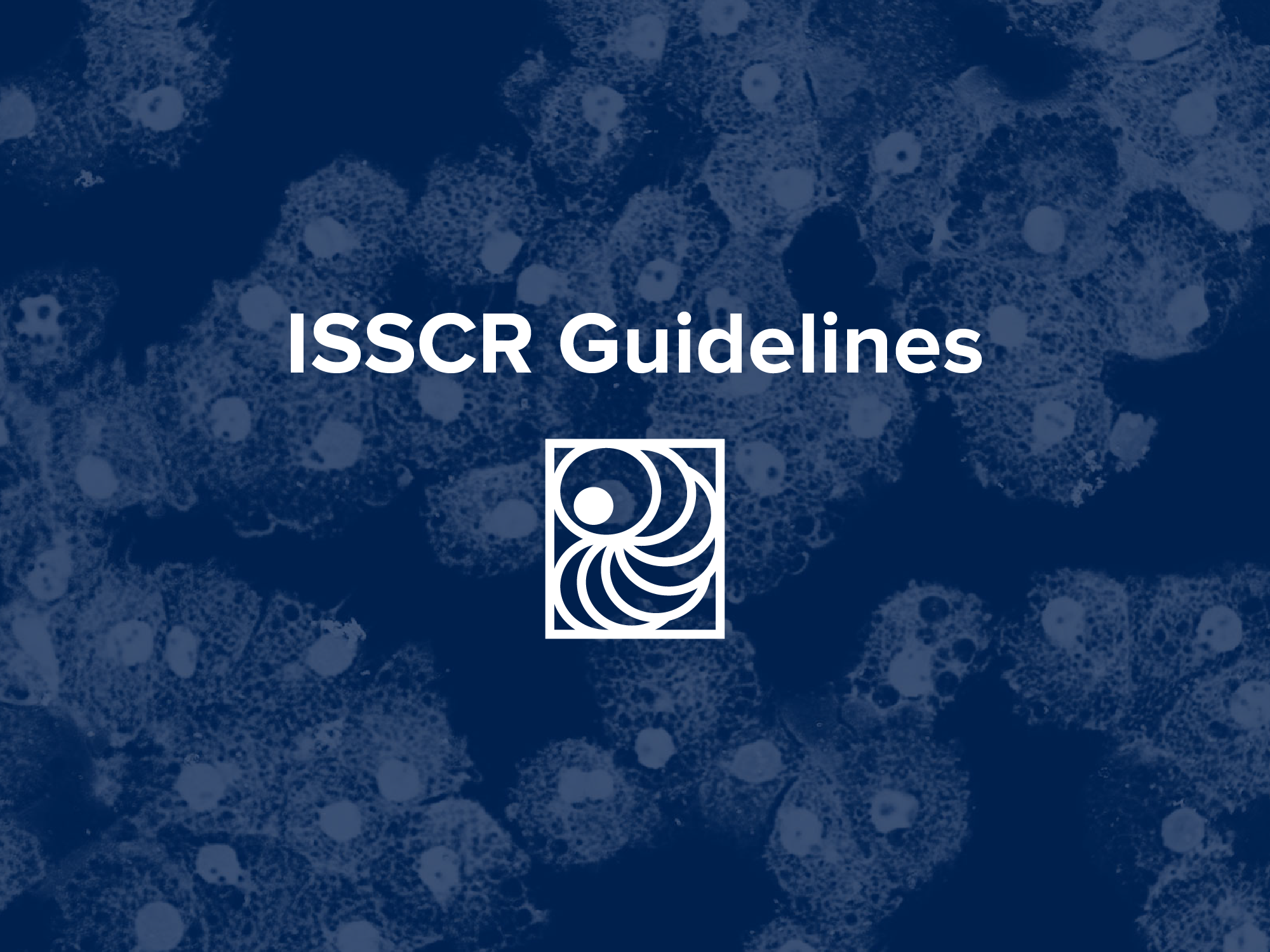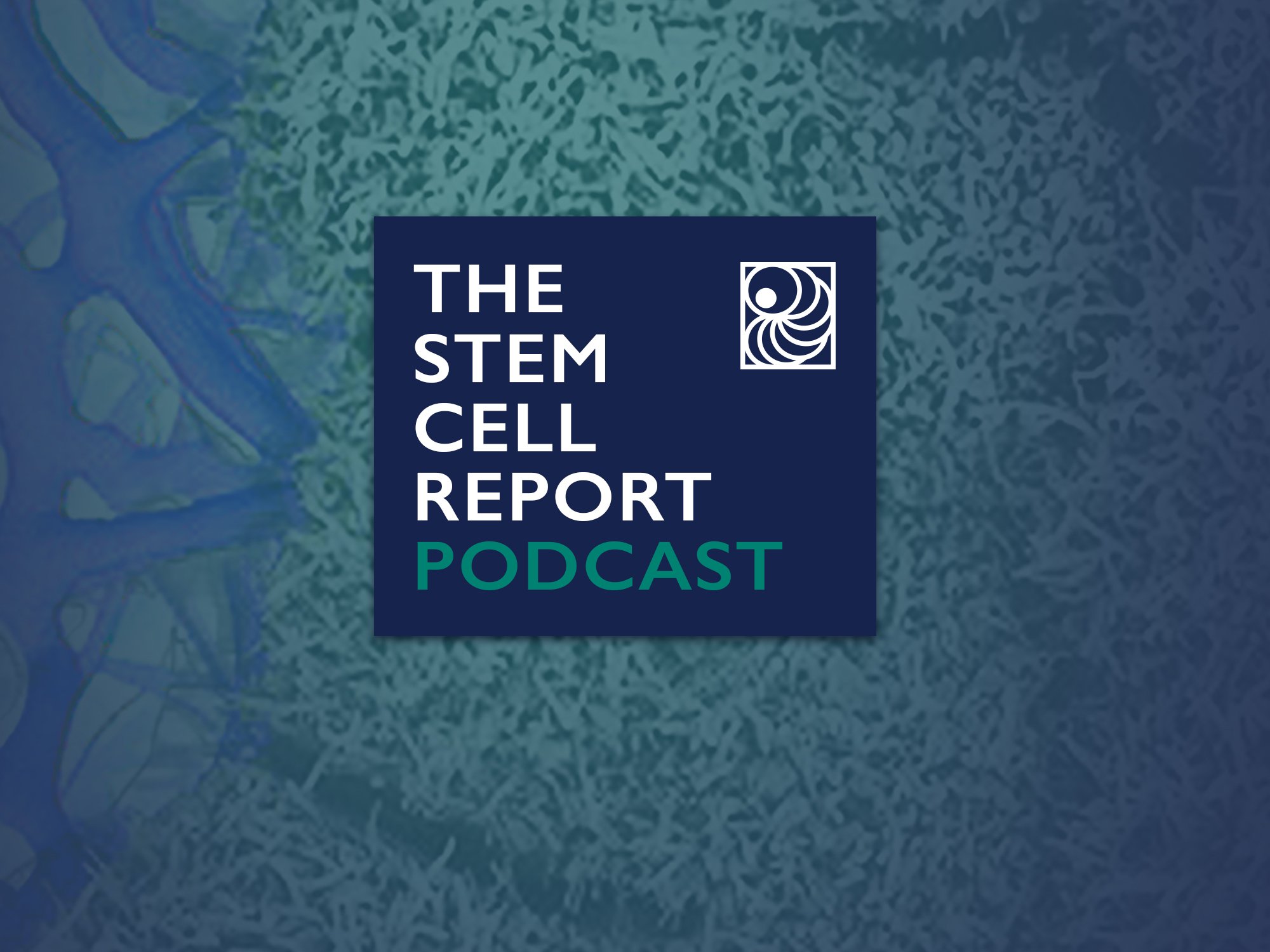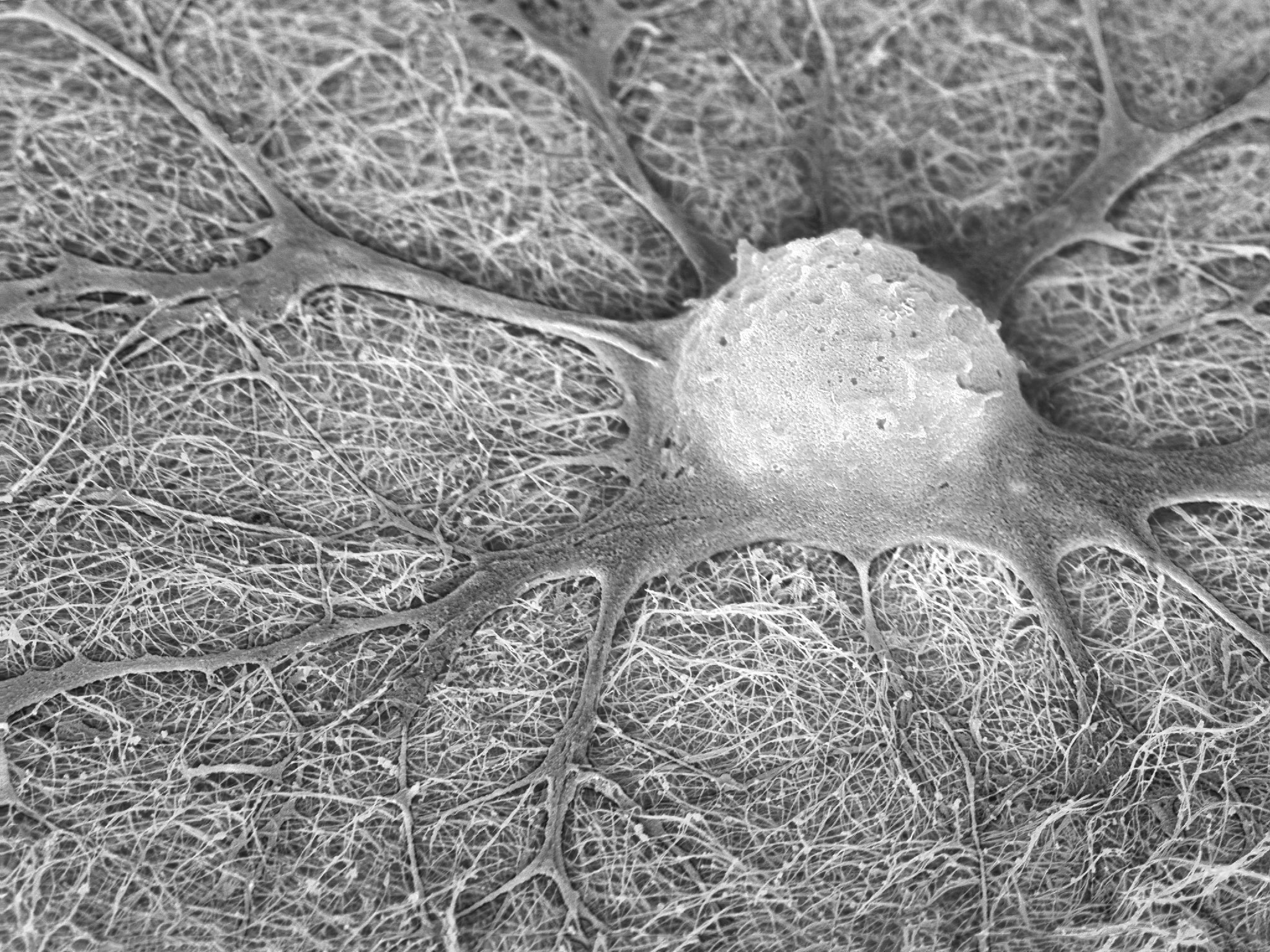ISSCR News

The ISSCR and STEMCELL Technologies Partner to Launch Free, On-Demand Course on Standards for Human Stem Cell Use in Research
The International Society for Stem Cell Research (ISSCR) and STEMCELL Technologies are proud to announce a new partnership to produce a free, on-demand course for researchers seeking to incorporate the ISSCR Standards for Human Stem Cell Use in Research in their work.

The ISSCR Releases Targeted Update to the Guidelines for Stem Cell Research and Clinical Translation
The International Society for Stem Cell Research (ISSCR) released an update of its 2021 Guidelines for Stem Cell Research and Clinical Translation today. The targeted update addresses significant advances in the development and application of human stem cell-based embryo models (SCBEMs) and recommendations for research oversight outlined in a white paper from the ISSCR Embryo Models Working Group published in June.

Member Spotlight: Ru Gunawardane, PhD
I was always interested in understanding how cells go wrong in disease and I was excited by the ability to use iPSCs to really get at how "normal" cells make decisions about cell fate and function.

The ISSCR Responds to EMA’s Concept Paper on the Revision of Part IV Guidelines on GMP Specific to ATMPs
On 8 July 2025, the ISSCR submitted comments on the European Medicines Agency's concept paper on the revision of Part IV Guidelines on Good Manufacturing Practice specific to Advanced Therapy Medicinal Products. ISSCR supports the proposal to update t Part IV of the Guidelines to address inconsistencies, clarify ambiguities, and to include guidance on the use of new manufacturing technologies.
The ISSCR recommends incorporating these updates into the main body of EudraLex Volume 4, rather than maintaining them as a separate document. This approach would offer more consistent and clear guidance to ATMP developers.
To request the comments or learn more, contact Denise de Villa.

New Podcast Episode. Stem Cells in Space: Muscle Regeneration in Microgravity
Skeletal muscle is one of the most abundant tissues in the human body, representing approximately 40% of body weight. Under certain circumstances, skeletal muscle can be regenerated through satellite cells, a reservoir of quiescent muscle stem cells, that can be activated with injury or in certain diseases and give rise to newly formed multi-nucleated myotubes and myofibers. However, the regenerative potential of muscle is diminished or is completely absent in the course of normal aging, certain diseases, and space travel. For example, time spent in microgravity can have a profound impact on human physiology, especially the muscular system, as astronauts lose up to 20% of their lean muscle mass and up to half of their strength.
The identification of countermeasures against the effects of muscle regeneration, including microgravity, is an increasing priority for an aging population and continued space travel. Experiments in microgravity, conducted on the International Space Station, offer a unique opportunity to understand muscle regeneration and the effects of microgravity. Our guests today will discuss muscle regeneration, their muscle-on-a-chip platform that mimics salient aspects of impaired muscle regeneration, and the feasibility of drug screening in microgravity.

Receive ISSCR Press Releases
Sign up be a part of ISSCR’s media list. Media Contact: Kym Kilbourne, Director of Media and Strategic Communications
Subscribe to ISSCR News.
Each month, ISSCR delivers scientific, policy, and community to your inbox .
